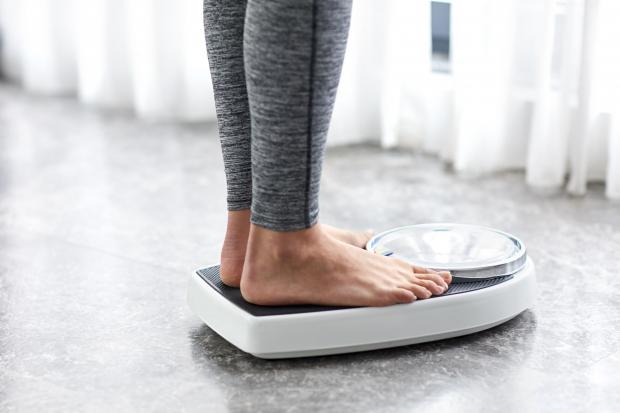But in New Hampshire at least, Mexican drugs are only part of the story. The state does indeed have a serious drug problem — in 2015, New Hampshire was second only to West Virginia in its rate of drug overdose deaths, according to the Centers for Disease Control and Prevention.
CDC statistics show that New Hampshire is in the middle of the national pack on overdoses of heroin, which primarily comes from Mexico and Afghanistan. And overdoses due to domestically-produced prescription painkillers are relatively low in the Granite State.
The CDC tracks fentanyl as part of the “synthetic opiate” category of narcotics. New Hampshire’s rate of 24 synthetic opiate deaths per 100,000 residents is roughly eight times of the national average of 3 per 100,000. New Hampshire in 2015 had more synthetic opiate deaths (285) than California (229), despite the fact that California is home to nearly 30 times as many people.
Official statistics from New Hampshire shows that in recent years, fentanyl deaths have exploded while heroin mortality has actually declined somewhat.

Unlike prescription painkillers, which are primarily diverted from legal domestic sources, and heroin, most of which comes from Mexico and Afghanistan, fentanyl and its precursor chemicals are produced primarily in China, according to a 2016 Drug Enforcement Administration report.

Fentanyl made in China is shipped via the U.S. Postal Service to Canada, Mexico and directly to the United States. At the risk of stating the obvious, a wall across the Mexican border — the subject of Trump’s conversation with Peña Nieto — isn’t going to do much to stop drugs shipped from China.
Beyond that, writing off an entire state as a “drug-infested den” isn’t likely to lead to smart policies to reduce the toll of opioids there. “Stigmatizing people who use drugs forces their use into the closet and away from protocols that would save their lives,” said Asha Bandele of the Drug Policy Alliance, a group that advocates for a public health-centered approach to drug issues.
A commission on opioid abuse convened by Trump recently issued preliminary recommendations to the president. They include expanding access to drug treatment, increasing the use of overdose-reversal drugs, and declaring a state of national emergency on opioid mortality.
That commission’s report mentions “fear of shame and discrimination” as a primary driver of the lack of drug treatment accessibility in this country.

